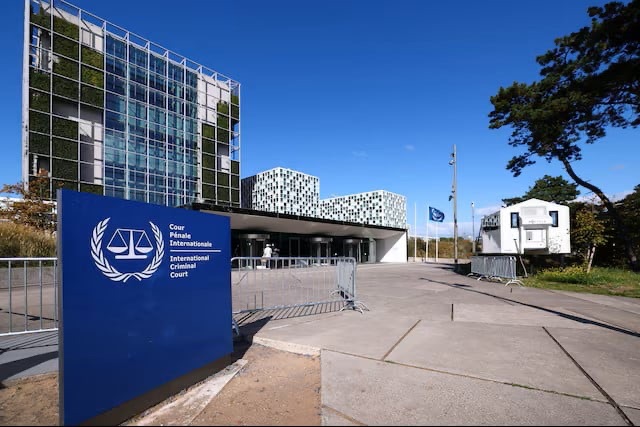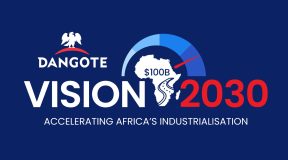Three military-led West African nations — Burkina Faso, Mali, and Niger — have jointly announced their withdrawal from the International Criminal Court (ICC), accusing the Hague-based tribunal of serving foreign interests rather than justice.
In a joint declaration on Monday, the leaders branded the ICC as “an instrument of neo-colonialist repression in the hands of imperialism.” They argued that the court has repeatedly failed to prosecute powerful nations for war crimes and human rights abuses, while unfairly targeting African states.
The move deepens the political and ideological shift of the three Sahel countries, which have formed the Alliance of Sahel States (AES) after a series of military coups between 2020 and 2023. The bloc has steadily distanced itself from Western influence, especially that of former colonial power France, while strengthening ties with Russia and other non-Western allies.
Toward Local Justice Systems
The juntas pledged to establish “indigenous mechanisms for the consolidation of peace and justice” that reflect African contexts rather than relying on international courts.
One-Year Process
Under ICC rules, withdrawal only becomes effective one year after notification to the UN General Secretariat. Until then, the three countries remain bound by the court’s statutes.
Wider Implications
The decision comes as the Sahel nations battle worsening jihadist violence linked to Al-Qaeda and Islamic State affiliates. Their armed forces, however, have also been accused of committing abuses against civilians — the very type of cases the ICC was designed to prosecute.
Observers note that the timing of the exit aligns with the countries’ growing alignment with Russia, whose president Vladimir Putin remains under ICC arrest warrant over the Ukraine war.
Founded in 2002, the ICC was created to try war crimes, crimes against humanity, and genocide where national courts lack capacity or will. But critics argue it has disproportionately focused on Africa, fueling perceptions of bias and external control.



